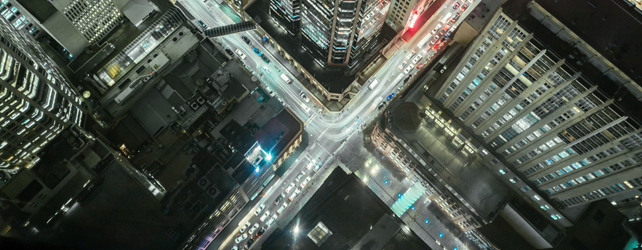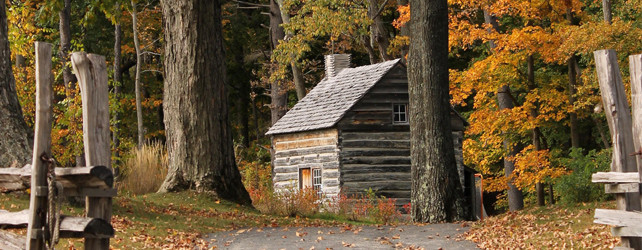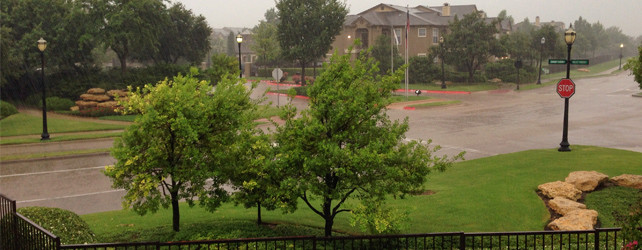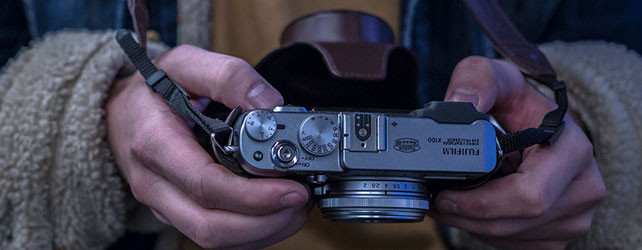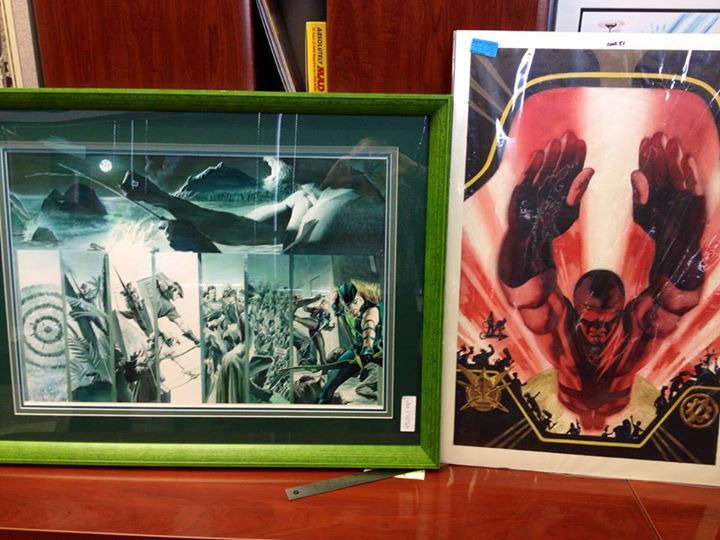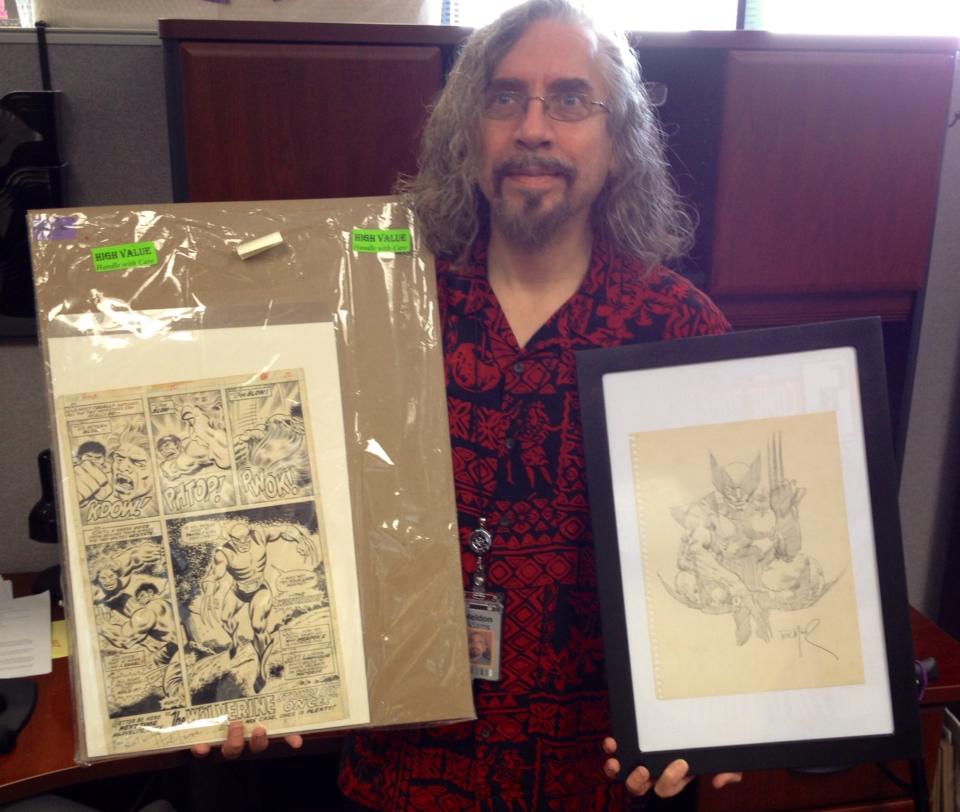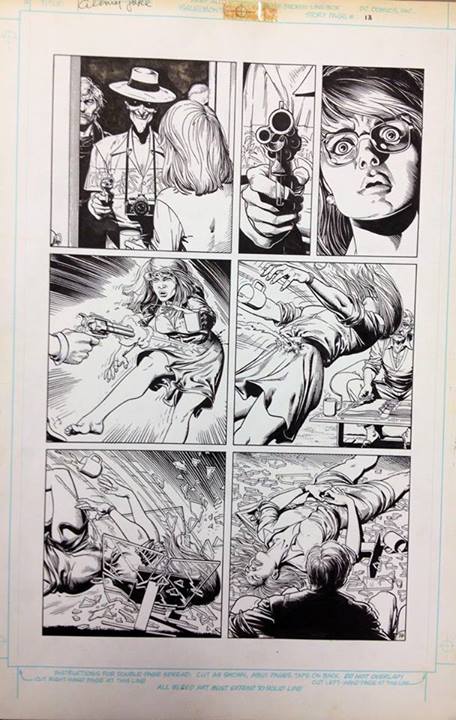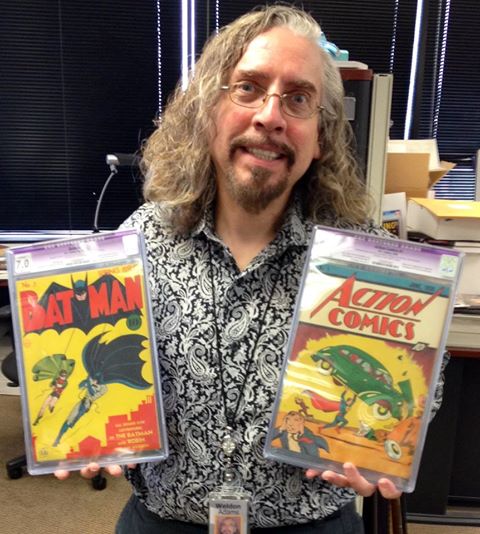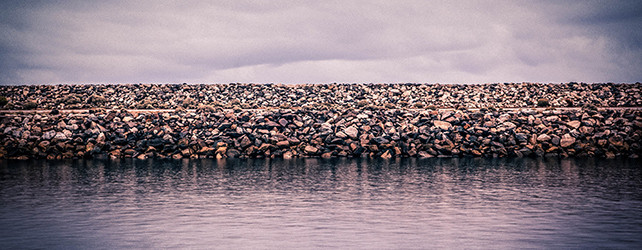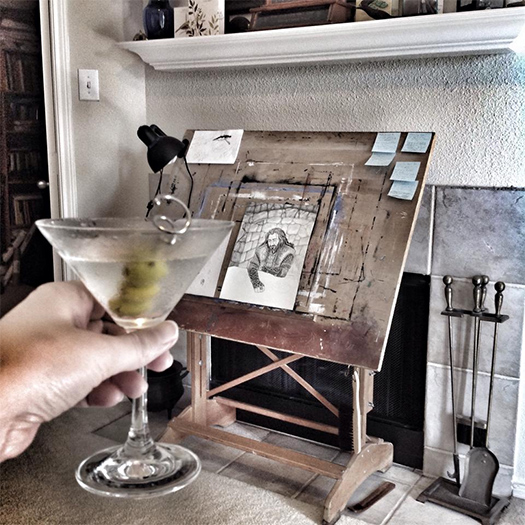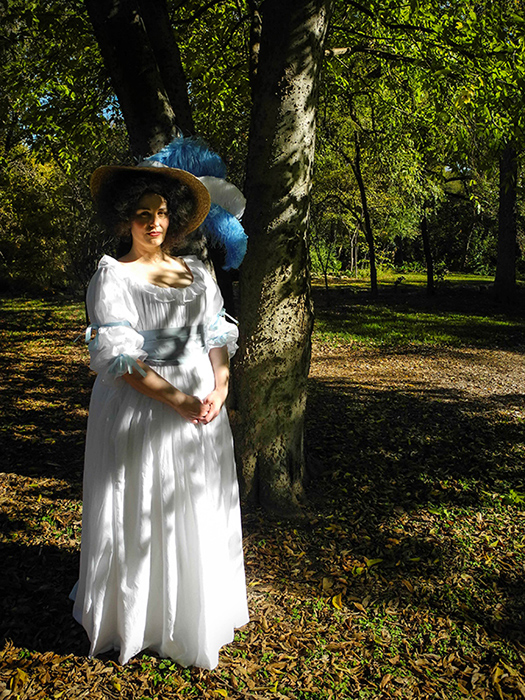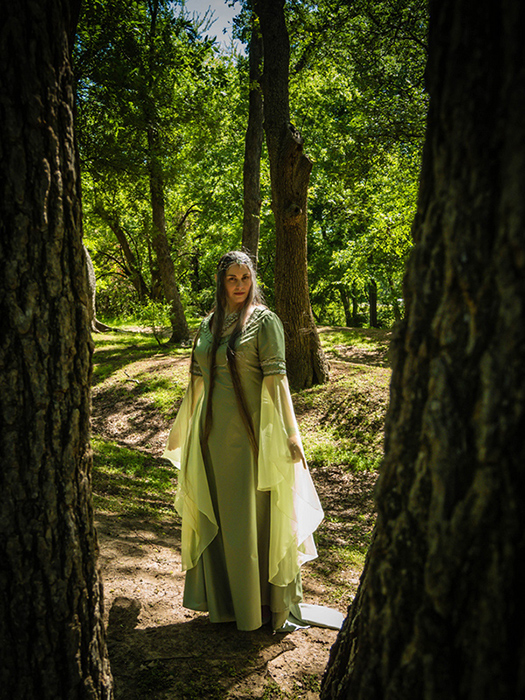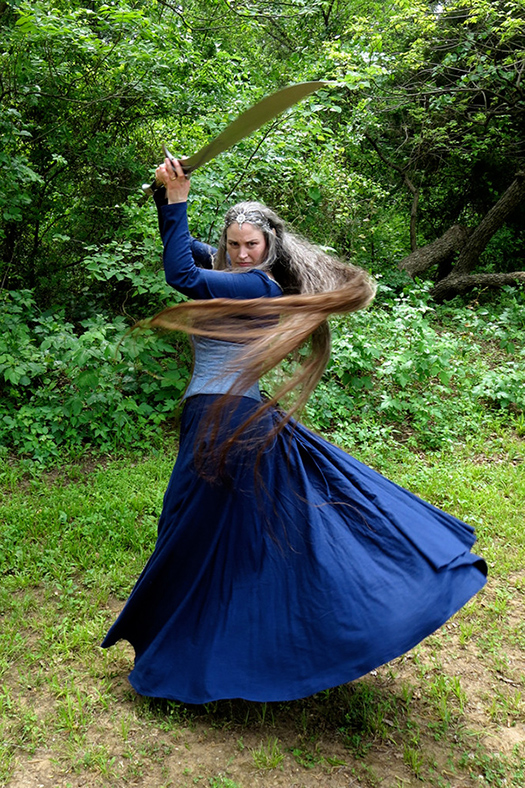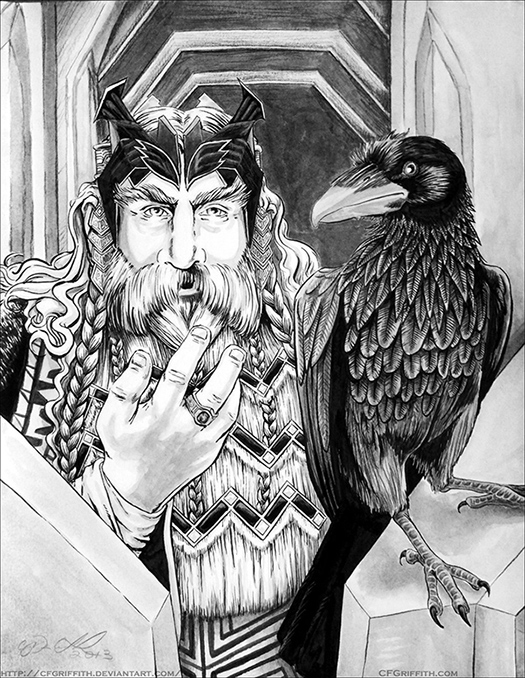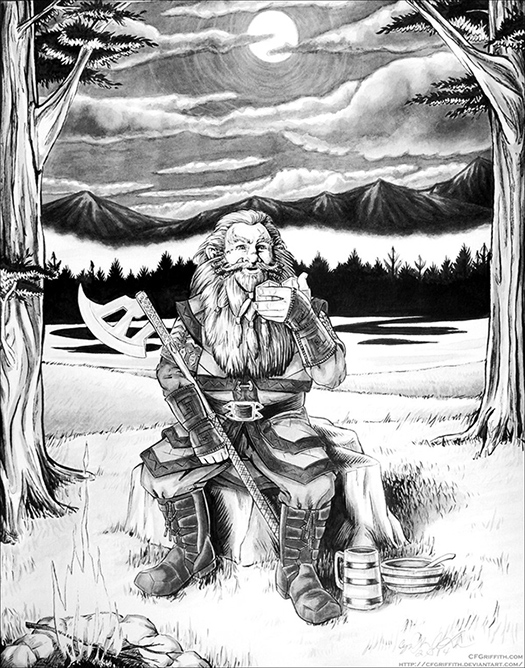Fairly recently, I chatted with some friends about this Seth Godin post about “creative” jobs. During the discussion, a good friend asked me if I think there’s a difference between art and creativity.
She believes most of what she does is creative, but not all of it is art. She considers much of what I do creative and worthy of calling art. (That kind of comes with the territory when writing fiction, though.) Her point got me thinking: the weekly podcast I do with a friend is not something I’d consider art. (I’m not even sure if I’d even consider it creative most of the time; it’s informative.) My other podcast, however, is something I consider creative and — I suppose — even worthy of being called art.
But this point made by my friend — that something can be creative and not be art — made me also think about if something can be art…and not particularly creative.
Let’s define creative. To do so, I’ll use a profession many don’t consider creative: programmers.
March of the [Creative] Techies
I work for a large tech company serving the travel industry. Even before working where I am, I’ve always considered many of the developers I’ve known creative. Sure, they may not be creating art in the sense of work that will be appreciated in a museum, but I’d argue that many developers I know are more creative than some artists I know.
An example:
If someone paints a photo-realistic image of a famous photograph of a famous person, you can call it art if you want, but it’s simply replication. I’m sure some creative moments in the artist’s past got them to the point of being able to do what a machine can also do, but replicating something is not very creative. It’s not going to get me to stop and marvel over something seen replicated over and over and over.
But I have stopped and marveled over some apps I’ve seen and used, and I’ve attended enough usability studies for new software products to know that the kind of creativity my friend Tammy talks about is alive and well with designers and developers. Sure, most people using what they create may never appreciate what the designers and developers made in the same way they might appreciate a fine wine, but even software, I believe, can have its own terroir.
The Intersection of Art and Creativity
A couple weeks ago, I got to spend a little time with an old friend. John’s art is not only art-as-we-know-it-art, but it’s also quite creative. Still, his re-imagining of the classic Loteria deck is not completely unlike what I’ve seen software developers do: taking something familiar to a group, putting one’s own spin on it, and introducing it to a new audience.
But we expect the intersection of art and creativity from artists like John. So I give you Lee Perry. Lee’s thoughts about designing video games is not unlike reading about artist and author friends discussing what they do. What many may not consider in looking at work like this is that a pencil in Lee’s hand allows him to pour the contents of a creative mind onto paper…and make a work of art on a screen in the end
. He’s studied lighting, shading, perspective, and so many other aspects of traditional art, but he’s also taught himself how to code because, just like me and novels, he wanted to make something entirely on his own.
I’d argue that in doing so, Lee has learned many more things in bringing the art of a video game to life than I do bringing a novel to life.
(Oh yeah: Lee is also a huge fan of story, and adds writing to his long list of creative and artistic skills.)
My Creative Circle
It’s never lost on me how fortunate I am to have many creative friends, all doing different things. I love what my friend Rick Coste is doing with his latest [fiction] podcast, but I also love that I can have lunch with one of my developer buds where I work, Ken Tabor, and walk away feeling just as excited as I do when I have dinner with my writing bud Deacon or lunch with my podcast partner, Shawn (who also writes).
The Muddy Colors blog inspires me as much as a writer as listening to Brad Listi interview writers on the Otherppl podcast.
What I’m getting at is one loses out on new ways of looking at things if they write off certain professions as not being creative. (Hell, I hear there are even some actual creative marketers out there!)
Doing Great Work
One of my favorite intersections of technology and what many deem traditionally creative in recent years is Robin Sloan’s novel, Mr. Penumbra’s 24-Hour Bookstore. It doesn’t matter if you love technology or think dusty old books have more merit than pixels and chains of 0s and 1s — it’s a wonderful book about the intersection of so many things, including art, creativity, and where technology fits into it all.
I will not spoil it, but there is a bit on the final page of the hardcover about friendship and work done with great care. (I’ve lost count of how many times I’ve read that final page.) That final page is a work of great art as far as I’m concerned.
It is possible to graduate with an MFA in writing and sound like everyone else in the program (not very creative), and it’s possible to make a utilitarian app that is far more creative than many novels that have seen publication.
In fact, while the Mona Lisa is a work of art that has stood the test of time, I’d argue that it’s not particularly creative. But open DaVinci’s notebooks and you’re looking into one of the more creative minds that ever lived!
Back to the Beginning
I’ll confess that when my friend Tammy asked if I saw a difference in art in creativity that my answer was initially, “Not really.” (Which is not a very creative way of looking at her question.) I can argue that my answer is skewed by writing fiction, but the writing that actually pays the bills is technical writing, and it is not without its days of creative problem solving.
So I like Tammy’s argument that creativity and art can be separate. It’s possible to make a living as a photographer and not be either creative or artistic, but I have been moved by some creative photos as much as any work of art I’ve seen. (I say this as someone who’s made money as a photographer, and that work was seen by almost a million people…but I’d consider none of it creative or artistic. Also, I find it fascinating that many are quick to defend photography as a whole as artistic, when it’s quite technical — much in the same way as creating software applications.)
We benefit from seeing that even work many think as precise and even dry (coding) can not only be creative, but sometimes be more creative than great works of art. (I consider some of my friend Ken’s work more creative than the Mona Lisa, for example.) I think we not only benefit by giving credit where it’s due, but by acknowledging that not everything must be creative works of art.
Sometimes the right choice is creative, and other times the right choice is artistic. And other times the two intersect to create something that moves people to greater things.
I don’t know if I’ll ever achieve work on that level, but it’s a noble aspiration.
